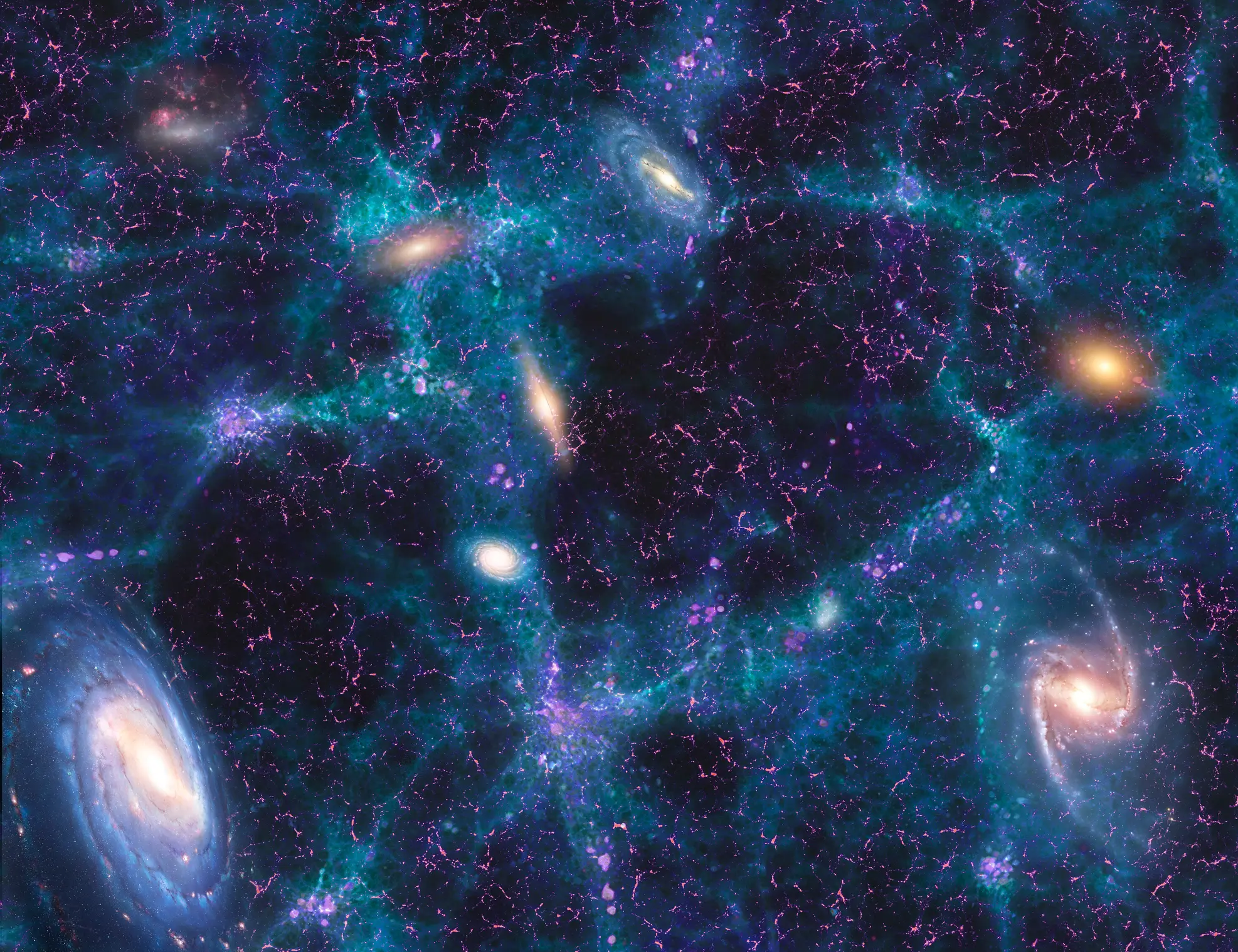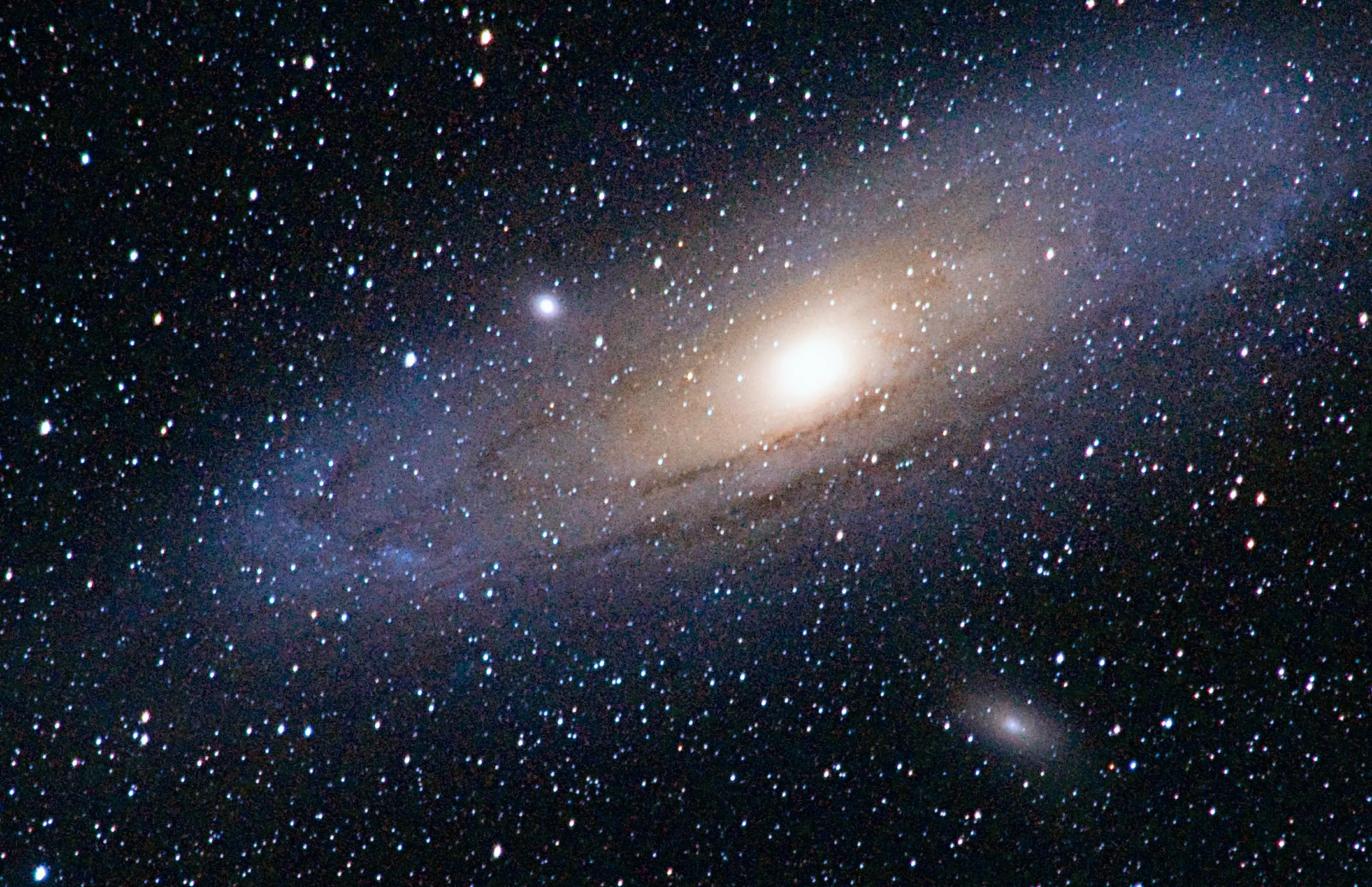
The fate of the universe undoubtedly remains still in the long distant future, but scientists have now revealed in a new study that the end is far sooner than what was initially thought, and that has filled some with 'existential dread'.
Thinking too much about the end of the universe is bound to make anyone fearful, even if it's an improbably long way into the future, and pairing that with the inevitable burning of Earth by the Sun only adds to the worries.
While it definitely won't make the end point itself seem any better, the end of the universe isn't something that even those who think of us right now as their ancestor's ancestors will need to worry about, because it remains still an unfathomably long time away.
Previous predictions estimated that the universe will reach a point of decay around 10^1100 years (10 to the power of 1,100) in the future, but new research now suggests that it's far sooner and is likely to occur in 10^78 years time instead., as reported by Phys.org.
Advert

That might not seem like something to really worry about, especially as 10^78 is the numerical equivalent of 1 with 78 zeroes, but it's dangerously more advanced than previous predictions thanks to a new way of looking at the decay of larger space entities.
Key to the research, published in the Journal of Cosmology and Astroparticle Physics, is what's known as 'Hawking radiation', which is a theory proposed by famous physicist Stephen Hawking in opposition to Einstein's theory of relativity.
Where Einstein argued that black holes can only grow in size, Hawking proposes that particles and radiation could escape from a black hole, and the study uses this to factor in to the evaporation rate of the universe at large.
"Here we investigate the evaporation rate and decay time of a non-rotating star of constant density due to spacetime curvature-induced pair production and apply this to compact stellar remnants such as neutron stars and white dwarfs," the study's abstract illustrates.
"White dwarfs, supermassive black holes, and dark matter supercluster halos evaporate on longer, but also finite timescales. Neutron stars and white dwarfs decay similarly to black holes, ending in an explosive event when they become unstable."

Factoring in the theory of Hawking radiation then dramatically decreases the expected lifespan of our universe, pushing forward our impending doom and that's understandably led to worries from some.
"10 year old me would have freaked the hell out seeing this," writes one comment on Reddit, and it's hard not to feel the same.
Many have seen the funny side of such an outlandish timescale though, with another user joking: "Darn. I was hoping to live to the ripe old age of 10^90."
One thing that puts things into perspective though is the fact that it's 'only' roughly been 10^10 years since the beginning of the universe itself, so we're still in the infancy of it's broader life and we're far more likely to reach the end of the world through other man-made means instead.
